01/6Implications of COVID-19 on your ability to smell

The SARs-CoV-2 virus has taken an immense toll on our body. Besides affecting our respiratory system, it has negatively impacted other organs in the body, giving light to various other health issues. What's worse is the fact that COVID-19 can lead to long term implications, resulting in symptoms that last for weeks or months. This is known as long COVID.
Whether you have a severe or a mild infection, experts believe long COVID is a possibility for all. One of the most common long COVID symptoms that was prevalent after the second wave of coronavirus in India was partial loss of sense of smell or olfaction. Even today, some people haven't recovered their complete sense of smell and are finding it difficult to live a wholesome life.
02/6The long COVID symptom associated with smell


As we know, an impaired sense of smell was one of the many indicators of COVID-19 atleast with the Delta variant of coronavirus.
Most people who get infected with the SARs-CoV-2 virus have an upper respiratory tract infection, which can lead to an impaired sense of smell and taste. Although the majority of the people recover and restore their sense of smell, there are some who continue to experience a distorted sense of smell. This is called parosmia.
Parosmia is a type of smell disorder, where original odors become distorted. They smell different and something that once smelled pleasant may smell bad to a person with parosmia.
Also read: Coronavirus: How does COVID pneumonia look like, know the basic symptoms
03/6How you can tell if you have parosmia by smelling coffee


Research claims smelling coffee can tell you if you suffer from parosmia or not!
According to a study published in Communications Medicine, a team of scientists found that certain highly potent odour molecules found in coffee can lead to a disgusting smell. That said, for people with parosmia, the smell of freshly ground coffee can be as bad-smelling as burning rubbish.
The study scientists took 2-furanmethanethiol, which is the most potent aroma molecule. They trapped the aroma of the coffee and tested the compounds on the participants who had parosmia and compared their reaction to the people who did not suffer from the condition.
Out of hundreds or so aroma compounds in the coffee, volunteers identified 15 compounds that triggered their parosmia.
04/6What do the researchers say?


“This is solid evidence that it’s not all “in the head”, and that the sense of disgust can be related to the compounds in the distorted foods. The central nervous system is certainly involved as well in interpreting the signals that it receives from the nose. The parosmic experience is a combination of the two mechanisms which produces the distorted perception of everyday foods, and the associated sense of disgust," says Doctor Jane Parker, Associate Professor of Flavour Chemistry and Director of the Flavour Centre at the University of Reading.
“We can now see that certain aroma compounds found in foods are having this particular effect. It will, we hope, be reassuring for those with parosmia to know that their experience is “real”, that we can identify other foods which may also be triggers and, moreover, suggest “safe” foods that are less likely to cause a problem. This research provides useful tools and strategies for preventing or reducing the effect of the triggers," she adds.
Another researcher Mr Simon Gane from the Royal National Ear, Nose and Throat and Eastman Dental Hospital said, "We still have a long way to go in understanding this condition, but this research is the first to zoom in on the mechanism in the nose. We now know this has to be something to do with the nerves and their receptors because that’s how these molecules are detected."
05/6Other foods and drinks that can trigger parosmia


Apart from coffee, the research study cited other foods and drinks that could trigger parosmia. These include:
- Onions
- Garlic
- Chicken
- Green peppers
The team of researchers used a method called GC-Olfactometry, in which the aroma of the coffee is launched into one end of a very long and narrow pipe called a capillary.
Scientists noted that some aroma compounds got out of the capillary faster than the others, which is how they could differentiate one from the other.
06/6How to cope with parosmia


There is no specific treatment for those suffering with parosmia or anosmia. However, one can resort to smell training.
Smell training is said to be an effective natural remedy in treating patients with a distorted or impaired sense of smell. The procedure involves smelling a series of four strong odours, preferably essential oils. Every scent needs to be sniffed for at least 20 seconds.
That said, consistency is the key and smelling the same four odours repeatedly is said to be most effective.






















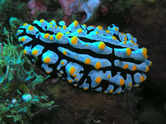
































































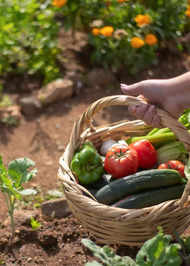
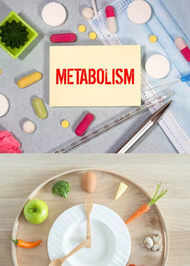



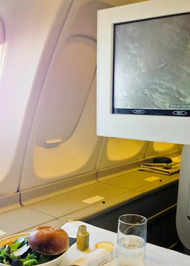













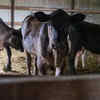


closecomments
SIGN IN WITH
GoogleEmail